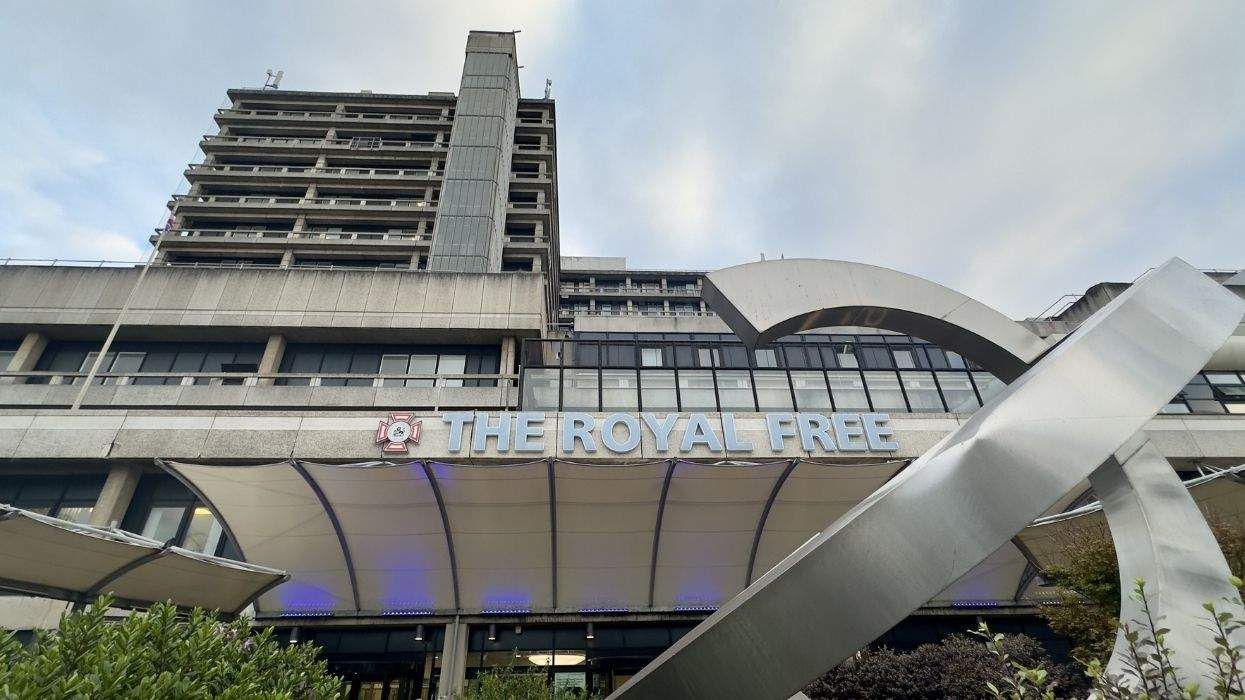President
Bush's proposed $2.77 trillion budget proposal is a
mixed bag for HIV-positive Americans, say AIDS and
health groups. The budget, unveiled Monday, seeks to
reduce most government-funded programs to deal with
lingering budget deficits. Almost one third of the 141
federal programs that will be cut are in education,
but many health programs are also targeted. Defense
spending gets a big boost in the budget.
"My
administration has focused the nation's resources on
our highest priority--protecting our citizens
and our homeland," Bush said in his budget
message.
The San Francisco
AIDS Foundation says that while Bush's budget
proposal does aim to increase access to antiretroviral
medications through additional funding to state-run
AIDS Drug Assistance Programs, boost HIV testing
efforts, and reverse recent cuts in funding for AIDS
housing, it still is problematic for HIVers.
According to
SFAF, other than a proposed $70 million increase in funding
to help eliminate ADAP waiting lists in some states,
Bush's budget proposal funds virtually all
other AIDS programs supported through the Ryan White
CARE Act at 2005 levels, which were reduced from 2004 levels
as part of a 1% across-the-board spending cut enacted by
Congress.
Bush's
proposed budget does include a $14 million funding increase
for the Housing Opportunities for People With AIDS
program to a total of $300 million, and it includes
funding to help provide rapid HIV antibody testing to
an additional 3 million Americans.
But it also
proposes additional cutbacks to Medicaid, which is the
single largest payer of AIDS care in the country. This
comes on the heels of the successful passage of a
congressional budget resolution that already cuts
federal Medicaid funding by $4.8 billion over the next five
years. The budget also includes a $15 million funding
cut for AIDS research at the National Institutes of
Health. At the same time, abstinence-only
sex education spending is slated for a $28 million
funding increase, to $191 million.
"While the
president's targeted funding initiatives are
welcomed, they are insufficient given the more than 1
million Americans living with HIV/AIDS today,"
says Mark Cloutier, SFAF executive director, in a press
statement. "The flat or reduced funding levels
provided over the last five years for the Ryan White
CARE Act combined with both rising caseloads and
medical inflation have resulted in reduced access to care
throughout the country. This budget does not make up for
those significant shortfalls."
The American
Public Health Association, the nation's oldest
organization of public health professionals, also
slammed Bush's budget proposal, saying it will
put the health of millions of Americans at risk. The
budget "calls for devastating funding cuts in health
programs and, in some cases, eliminates programs
entirely, such as the Preventive Health Services Block
Grant at the Centers for Disease Control and Prevention
that enables states to implement innovative health-promoting
initiatives and creates a response mechanism to
address health emergencies, such as West Nile virus
and natural disasters," APHA says in a statement.
"Under the president's plan, the
CDC's budget would lose 2.1% in 2006
appropriations to fall to $5.8 billion, and the Health
Resources and Services Administration's budget
would be cut 4.8% to $6.31 billion."
"This
Administration has emphasized the importance of protecting
our nation's citizens but, ironically, has put
the well-being of millions at risk with cuts to
programs designed to improve health and save lives,"
says Georges C. Benjamin, APHA executive director, in a
press statement. "While controlling federal
spending is critical, it is also imperative that our
nation's government do whatever it can to protect the
public's health. Shortsighted and short-term
savings will lead to greater health and medical
expenditures in the long term."
AIDS Project Los
Angeles welcomes Bush's pledge for additional ADAP,
HIV testing, and HOPWA funds but says the overall
increase only helps to offset several years of funding
cuts and includes no new real contributions.
"The number of people living with AIDS has gone up by
12% since 2001, while funding to the Ryan White CARE
Act has been cut by nearly 2.5%," says APLA
executive director Craig E. Thompson in a press
statement. "When you factor in the ever-rising costs
of health care and HIV/AIDS drugs, you understand why
programs serving people living with HIV/AIDS are
feeling the squeeze."
The HIV Medicine
Association says that while it applauds Bush's
commitment to HIV antibody testing and treatment, "we
are concerned that even with the modest increases
proposed for the Ryan White program--an
important source of federal funding for HIV care--we
will not have adequate capacity to provide medical
care and treatment to those newly identified." HIVMA
also opposes any further cuts to Medicaid or Medicare,
which the organization says in a press statement are vital
in protecting the health of low-income Americans,
including those who are HIV-positive.
The National
Association of People With AIDS also worries that
Bush's budget places too much emphasis on HIV
testing and treatment. "HIV testing alone is
not a substitute for a comprehensive, scientifically
based national prevention strategy," says NAPWA
executive director Terje Anderson in a press
statement. "And you can't get into care when
you test positive if the test counselor cannot link
you to an HIV specialist. You can't take your
medicine if you can't see a provider, and you
can't see a provider if you can't get
transportation to the office. The Ryan White CARE Act
must be fully funded to support comprehensive care and
treatment. Nothing less will get the job done."
(Advocate.com)




































































Charlie Kirk DID say stoning gay people was the 'perfect law' — and these other heinous quotes